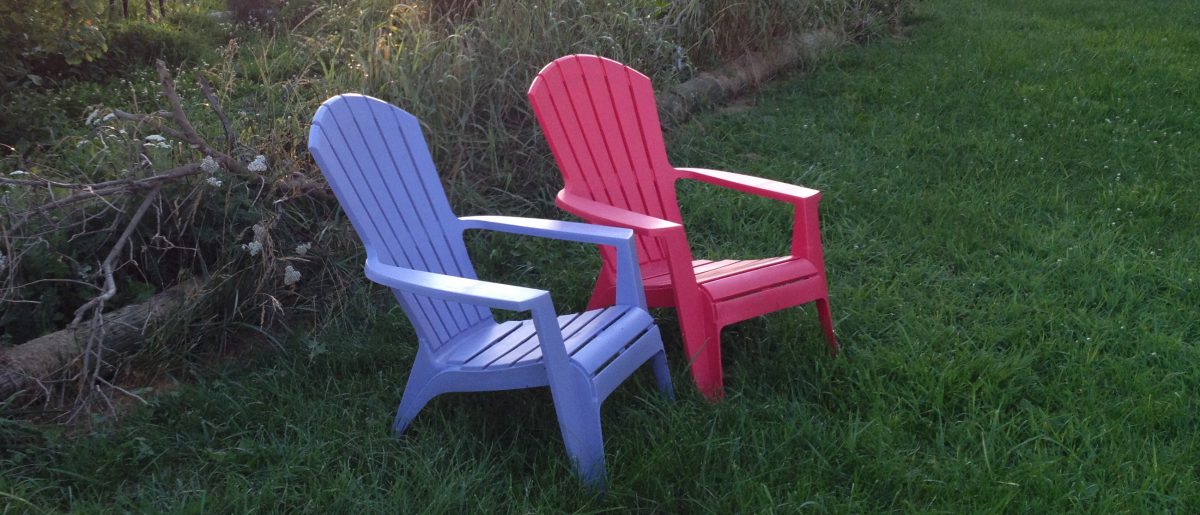A few years ago I asked a biologist how she liked her work. She told me it was sad, because her field had the task of “monitoring the decline.” I’ve been thinking about that phrase lately, as we collectively witness the decline of support for so many things that support healthy biological and human communities.
Each day seems to bring with it threat of some new unacceptable loss: Laws that protect bear cubs on public land and their moms while they hibernate; Unexploited federal lands; Federal funding for the arts (including Big Bird!); Legal help for people without a lot of money; Computers for people without a lot of money; Decent public education; Clean water; Clean air; Thoughtful community policing; Affordable, comprehensive health care; Policy informed by data and compassion. If you’re still reading my work after the first few weeks, you probably have your own I didn’t get to here. If you are still reading my work, you are likely keenly aware of the disruption, pain, and death that will come to the least protected of us through these changes.
And all this is hard to hold.
And the power of the forces we are resisting is located in important places, primarily the legislative and budgetary processes of the federal and most state governments. Since they are the ones with the legal ability to collect and spend our money (and to legally shoot and imprison people), they do require attention and response. I am loving the response I’m seeing in the grassroots efforts to find and run candidates who support healthy communities, the resistance at town meetings, and the flood (too small a word) of calls and letters to our elected representatives.
And…
They do not have all the power, not even all the power we sometimes assume they do. When I hear on the news that their proposed budgets would cut arts, legal services, food to poor families, health care to a whole lot of us, and programs to help cops see Black people as humans rather than criminals, then I remember that “would” is conditional, not definite. Then I remember that if we are irritating enough we might mitigate some of the damage.
I also remember that we have the power of the legal system, imperfect as it is; that journalists have the power to name truth no matter how much the Bully Pulpit tries to live up to its name; and that we, collectively, have the power to be decent to each other, to protect each other, and care for the community of life of which we are part.
Yes, there are awful forces moving against things that I love, but it is not naïve to notice that there is also a vibrant network nurturing, supporting, and defending these beloved lives, places, ideas, and values. The magazine that feeds me best for remembering these good works is Yes Magazine. I’ve linked here to their 20th anniversary issue, which lists 50 inspiring ideas to make the places we live more sustainable and inclusive, but it’s pretty much always great.
I’m not sure yet if we’re monitoring the decline or witnessing a birth of something we need to become. I am sure which one I’m going to try to make happen.
(This post is dedicated to Louise Spencer, who is one of the most effective and humble change agents I’ve met in a long time. I am grateful to have found my way into the vibrant network she helps to create without even really noticing how powerful she is.)

